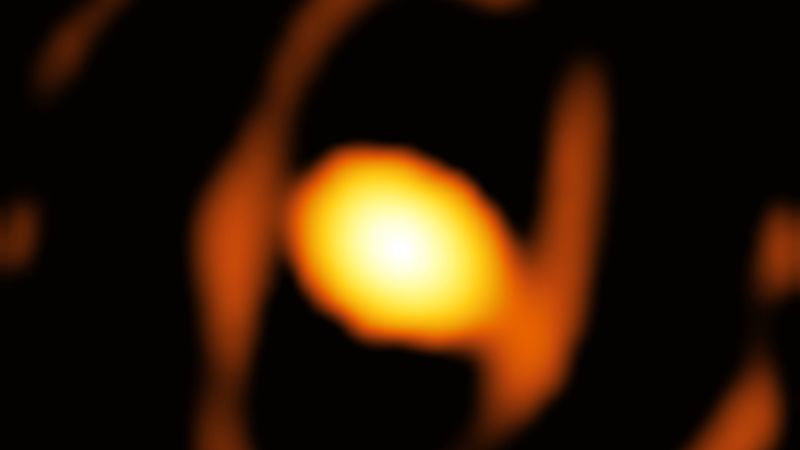
Radiative Cooling
Radiative cooling is a passive cooling technique that uses the sky as a heat sink to dissipate heat from a surface to the outer space. It works by emitting thermal radiation from a surface to the cold universe, which has a temperature of about 3 K. This technique is particularly useful in space and astronautical engineering, where there is no atmosphere to conduct heat away from spacecraft and satellites. Radiative cooling can be achieved by using materials with high infrared emissivity and low solar absorptivity, such as white paints, or by using specialized coatings that emit thermal radiation in the atmospheric transparency window. Radiative cooling has the potential to reduce the temperature of spacecraft and satellites by several degrees Celsius, which can improve their performance and extend their lifetime.
Your Previous Searches
Random Picks
- Safety Margins: In the context of aerospace engineering, 'Safety Margins' refer to the additional amount of strength, performance, or other design factors that are included in the design of a spacecraft or aircraft beyond what is strictly necessary for ope ... Read More >>
- Screaming Eagles: Screaming Eagles is the nickname given to the 101st Airborne Division of the United States Army. The division specializes in air assault operations, which involve the use of helicopters to rapidly deploy troops and equipment into combat zon ... Read More >>
- Sequential Circuits: In space and astronautical engineering, sequential circuits refer to digital circuits where the output depends not only on the present input but also on the past history of inputs. These circuits are used in various applications such as dat ... Read More >>
Top News

First close-up image of a star beyond our galaxy may reveal impending supernova...
Astronomers have taken the first close-up image of a star beyond our galaxy, and it’s a “monster star” surrounded by a cocoon as it slowly dies....
News Source: CNN on 2024-11-21

Bestselling author explains the science of happiness: "You can do the work"...
Bestselling author and Harvard professor Arthur Brooks opens up about how enjoyment, satisfaction and meaning in life can increase a person's wellbeing....
News Source: CBS News on 2024-11-18

November's full moon, known as the Beaver Moon, is the last supermoon of 2024. H...
November's full moon, known as the Beaver Moon, is the last supermoon of 2024. Here's when it peaks and why it's called the Beaver Moon....
News Source: CBS News on 2024-11-15

You can't put a price on the sense of awe particle physics inspires...
Astronomy and particle physics are no longer seen as vital by the US establishment, so funding has fallen. But our work creates a sense of wonder, and wonder matters, says Chanda Prescod-Weinstein...
News Source: New Scientist on 2024-11-13

If you want to stretch your gift game into days this holiday, check out these ad...
The advent calendar phenomenon is growing every year, with so many exciting, fun, beautiful, and delicious options available...
News Source: ABC News on 2024-11-04